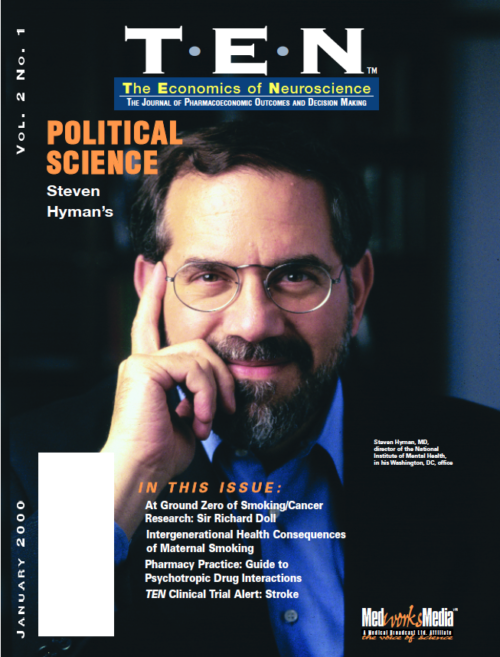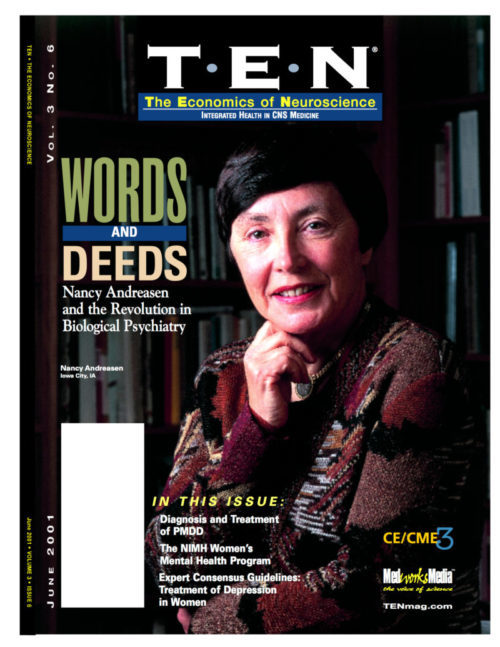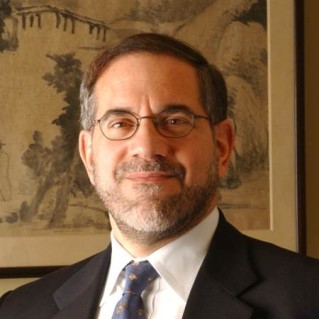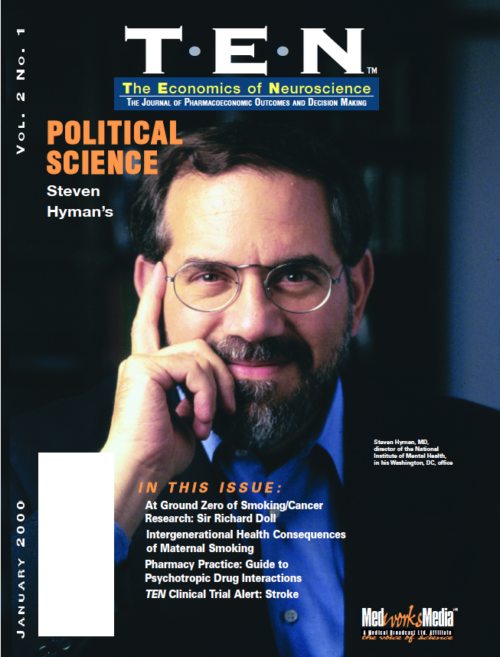Steven E. Hyman, MD
Steven E. Hyman is a member of the Editorial Advisory Board of Psychopharmacology Bulletin. Dr. Hyman is director of the Stanley Center for Psychiatric Research at Broad Institute of MIT and Harvard, a core member of the Broad, and Harvard University Distinguished Service Professor of Stem Cell and Regenerative Biology.
From 2001 to 2011, Dr. Hyman served as provost of Harvard University, the university’s chief academic officer. As provost, he had a special focus on establishment of collaborative initiatives in the sciences and engineering spanning multiple disciplines and institutions. From 1996 to 2001, he served as director of the US National Institute of Mental Health (NIMH), where he emphasized investment in neuroscience and emerging genetic technologies and initiated a series of large practical clinical trials that were forerunners of comparative efficacy studies.
Dr. Hyman is president of the American College of Neuropsychopharmacology (2018), past president of the Society for Neuroscience (2015), and founding president of the International Neuroethics Society (2008-2014), and he previously served as editor of the Annual Review of Neuroscience (2002-2016). He is a member of the U.S. National Academy of Medicine where he serves on the council. He chairs the Forum on Neuroscience and Nervous System Disorders of the National Academies of Sciences, Engineering, and Medicine (NASEM), which brings together industry, government, academia, patient groups, and foundations, and he serves on the governing board of the National Research Council, the operating arm of NASEM. Dr. Hyman is a fellow of the American Academy of Arts and Sciences and the American Association for the Advancement of Science, and he is a Distinguished Life Fellow of the American Psychiatric Association. In 2016, he was awarded the Rhoda and Bernard Sarnat International Prize in Mental Health by the National Academy of Medicine.
Dr. Hyman received his B.A. summa cum laude from Yale College, an M.A. from the University of Cambridge, which he attended as a Mellon fellow studying history and philosophy of science, and an M.D. cum laude from Harvard Medical School.





